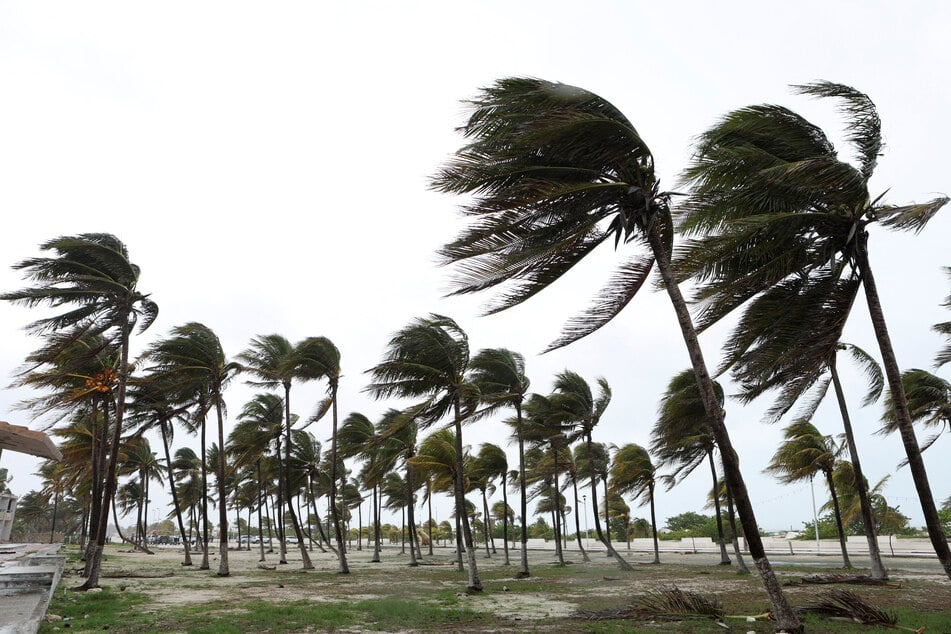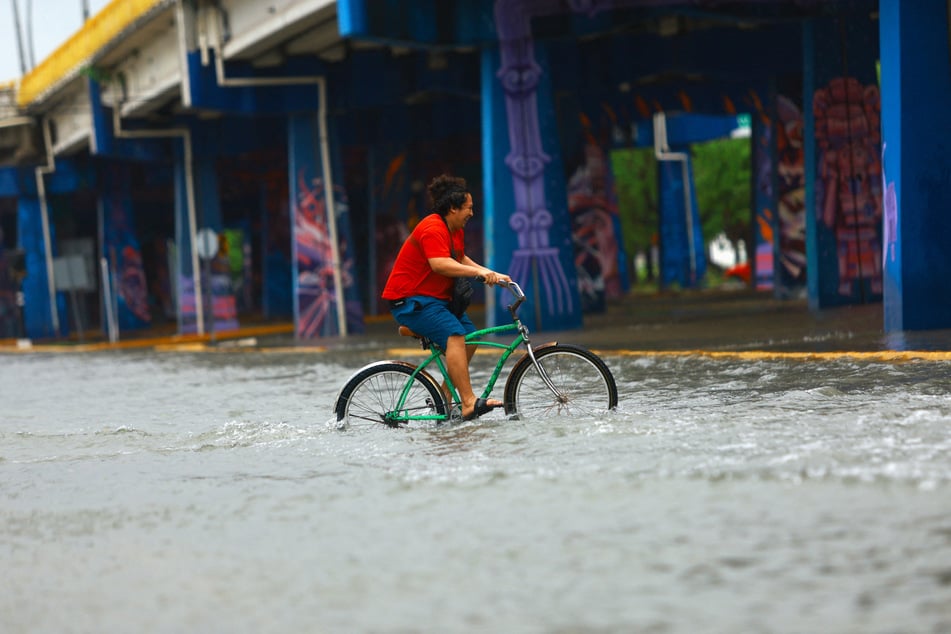Hurricane watch issued for Texas as Beryl expected to intensify
Austin, Texas - Beryl weakened to a tropical storm Friday after hitting Mexico as a Category 2 hurricane, but is expected to intensify as it moves toward northeastern Mexico and then Texas by the end of the weekend.

After tearing through the Caribbean and coastal Venezuela, leaving seven people dead, the storm hit southeast Mexico early Friday with winds of up to 108 miles per hour.
It flattened trees and lampposts and ripped off roof tiles, according to Mexico's civil protection authority.
Electricity was lost in at least three municipalities in the southeastern Quintana Roo state as Beryl moved deeper inland and weakened from a hurricane to a tropical storm.
Mexico's emergency authorities told reporters there were no injuries or deaths, nor damage to critical infrastructure such as roads and the water system.
Beryl to make landfall in Texas Sunday

The NHC said Beryl weakened from a Category 2 hurricane to Category 1 by the time it hit Yucatán – milder than earlier in the week, when it left a trail of destruction across the Caribbean and parts of Venezuela.
It added on Friday that a hurricane watch – signaling a forecast re-intensification from tropical storm status – had been issued for much of the Texas coast ahead of Beryl's anticipated landfall there late on Sunday.
Beryl is the first hurricane since NHC records began to reach the Category 4 level in June, and the earliest to hit the highest Category 5 in July.
It is extremely rare for such a powerful storm to form this early in the Atlantic hurricane season, which runs from early June to late November.
Scientists say climate change likely plays a role in the rapid intensification of storms like Beryl, since there is more energy in a warmer ocean for them to feed on.
North Atlantic waters are currently between two and five degrees Fahrenheit warmer than normal, according to the US National Oceanic and Atmospheric Administration.
Cover photo: REUTERS